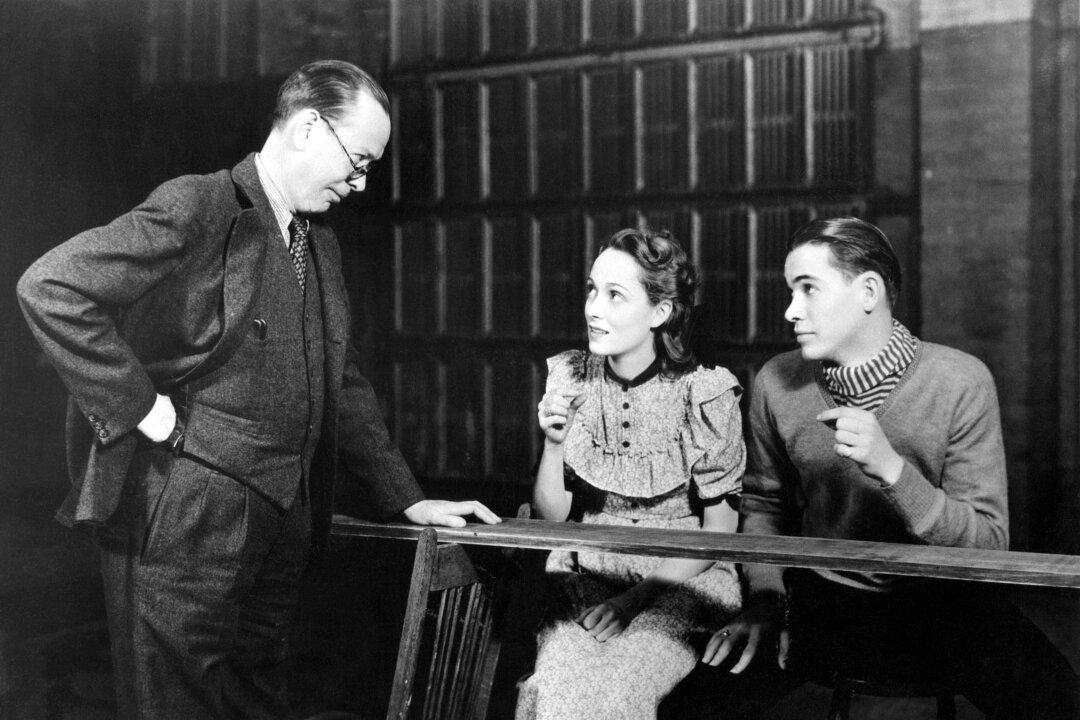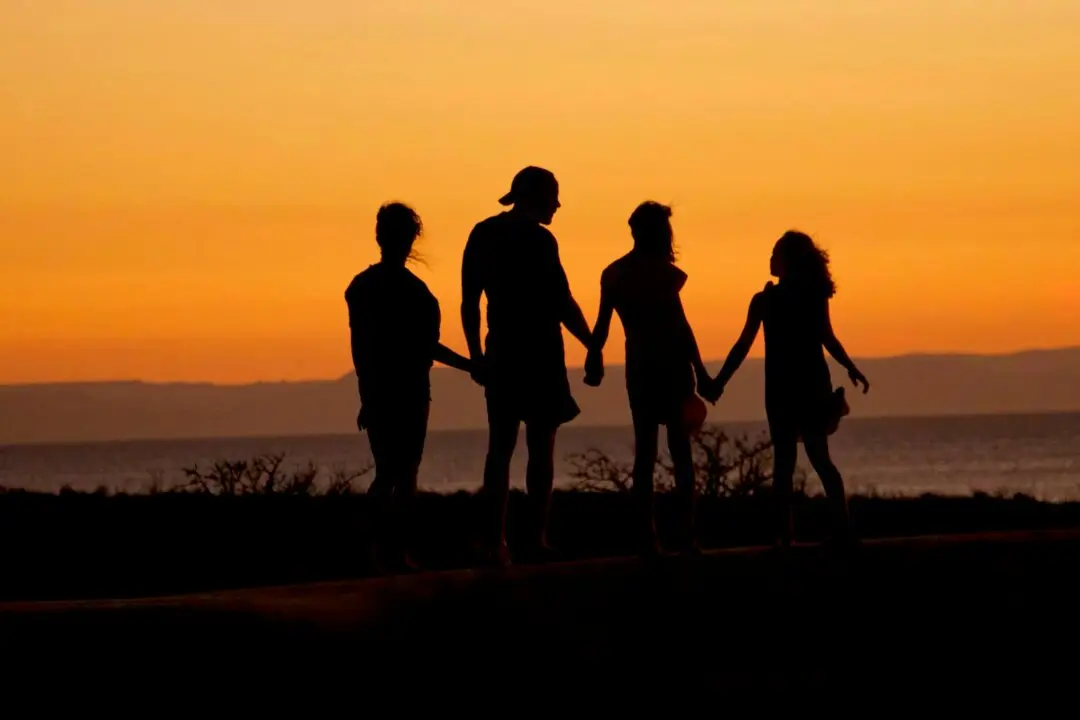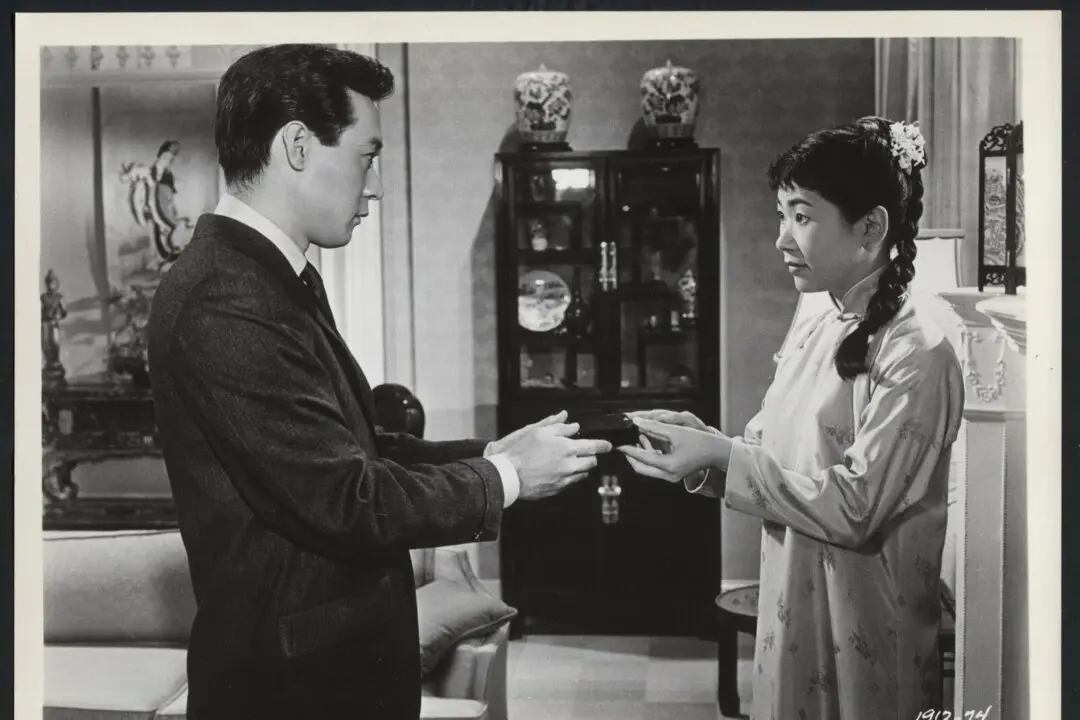A couple of years ago, some friends and I were discussing the lottery. “When people ask me if I ever buy tickets, I tell them I already won the lottery,” one man said. “I was born in the middle of the 20th century in the United States of America.”
Roughly 70 years after that mid-20th century childhood win, I wonder whether my grandchildren and their contemporaries will be able to make that same claim.






